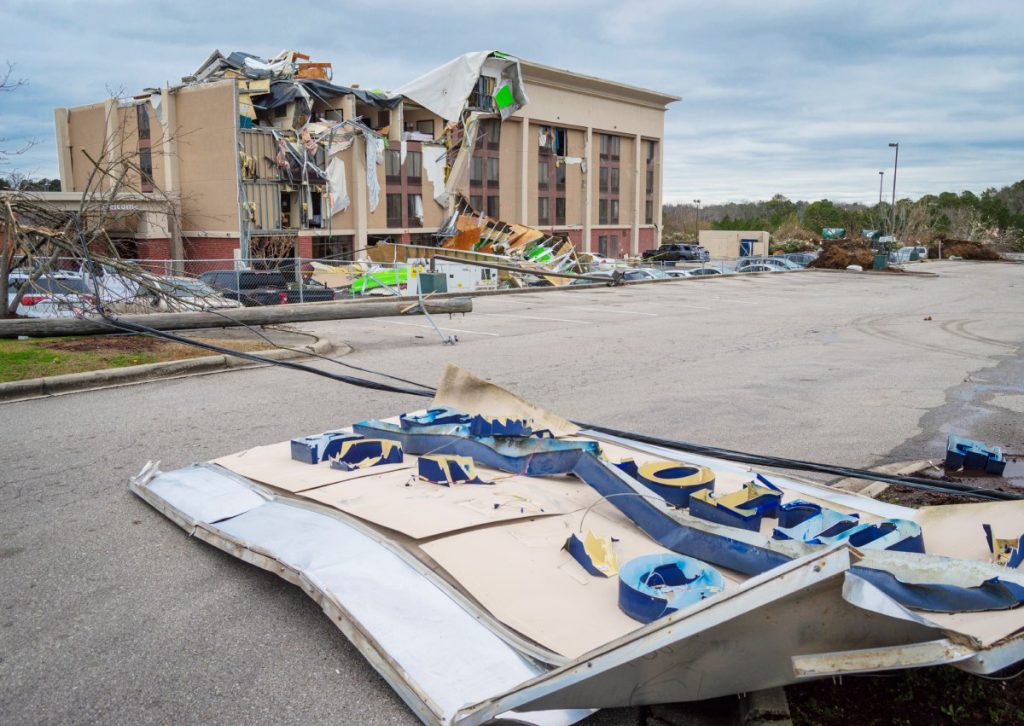We have written several times in the Condominium Insurance Law Blog regarding examinations under oath and their importance in the insurance claims process. In his July 3, 2010 post titled Examinations Under Oath Can Be Difficult For Associations, Corey Harris gave an excellent description of what an examination under oath is and what the process entails. Corey wrote that:
[A]nyone sitting for an EUO should remember that while it is not a “legal proceeding,” it is about as close as you can get. The insurance company’s representative asking the questions will undoubtedly be an attorney, and you should plan for some tough questions.
It is true that during the examination under oath, the person being questioned may face some tough questions concerning the loss, the description of damages as well as efforts to conduct repairs. But what happens if the insurer unfortunately uses the examination under oath process to harass the witness with a laundry list of questions completely unrelated to the loss itself?
Recently the Third District Court of Appeal in Florida issued an opinion addressing the unreasonableness of an insurance company’s lawyer’s questions during an examination under oath. De Leon v. Great American Assurance Co., No. 3D09-646, 2011 WL 4824135 (Fla. 3d DCA October 12, 2011). Chip Merlin wrote about this case on October 17, 2011 in his post The Games Insurance Companies Play on the Property Insurance Coverage Law Blog. Chip noted that the title to the post was actually a quote from the Third District Court’s opinion.
The De Leon case involved an insurance claim where someone stole a truck owned by De Leon and insured by Great American. When it was recovered, the truck was damaged and was missing nine large valuable tires. When the insurer demanded an examination under oath, De Leon appeared without counsel. Great American’s lawyer did not even discuss the truck and the tires. As the Court described, “[i]nstead, he insisted on probing into the details of, among other things, a prior, totally unrelated criminal conviction, and the person with whom the claimant was then living.” The Court quoted numerous pages from the examination under oath transcript and described it as “a never-to-be-emulated model of its kind.”
The Court stated in its opinion that when De Leon was asked about the unrelated questions of who he was living with and the criminal conviction, that:
With complete justification, De Leon declined to answer most of these questions, even though Diz [the insurer’s lawyer] specifically warned him that he was jeopardizing his insurance coverage and invited him to withdraw his claim in lieu of responding. In fact De Leon told Diz that if he continued on that track, he would leave, get an attorney, and see him in court. Diz did not desist. He persisted. True to his word, De Leon got a lawyer and filed suit.
In the De Leon opinion, there is a strong statement written after the majority opinion by Judge Shepherd:
This court recently admonished ‘all counsel’ who practice in the courts of this state that ‘improper conduct’ in the courtroom ‘will not be condoned by this court.’ This case involves conduct outside the courtroom, stemming from the theft of a 2000 Freightliner “eighteen wheeler” commercial truck…After suit was filed, the trial court abated the action and ordered completion of the previously begun examination under oath. The same lawyer who conducted the first aborted EUO conducted the second. It lasted over seven hours. It stains credulity to assert—as the insurer does in this case—that a seven-hour sworn statement of a single individual is necessary to the investigation of an $8000 tire loss claim, whatever may be the insurer’s suspicions. ‘Over-lawyering’ is a frequent affliction found in the legal profession. If there is any question concerning whether the insured’s instincts about the interrogator’s purpose was any different in the second EUO than in the first, the doubt can be dispelled easily by reviewing the transcript of the latter EUO.
An attorney is an officer of the court, and he plays his role badly, even outside the courtroom, if he trespasses against the obligations of his professional responsibilities. A careful review of the transcript of the second EUO reveals the role played by counsel during that EUO was performed just like the first—badly. As in the first EUO, counsel’s misunderstanding of the permissible range of inquiry in a sworn statement taken to verify a simple theft loss, whatever might have been the insurer’s suspicions, was palpable.
This is strong stuff. For an appellate court to be admonishing this behavior by the insurer and its representatives in this opinion is as if to say enough is enough. An examination under oath should not be utilized as an all day fishing expedition into detail that has nothing to do with the insurance claim and damages. The Third District Court ordered the insurer in De Leon to pay for the policyholder’s attorney’s fees for filing the lawsuit after the abusive treatment during the examination under oath because the claim was “not resolvable absent judicial intervention.” The Court ended its opinion with the statement:
We cannot permit Great American to escape the consequences of what it tried to get away with in this case.
Bravo!


